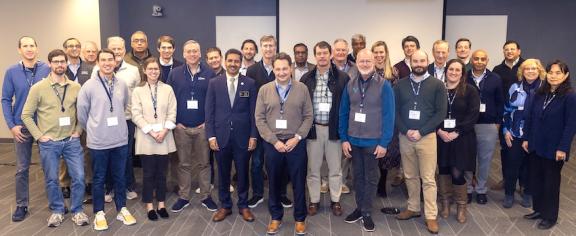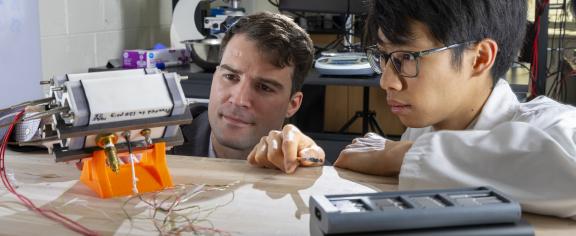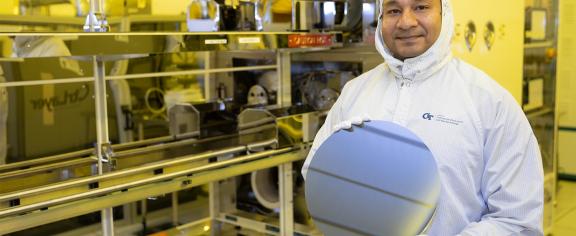2026-02-02
When Postdoctoral Research Fellow Hannah Youngblood’s work on exfoliation glaucoma (XFG) was featured by the BrightFocus Foundation, it caught the attention of Jennifer Rucker, an Alabama resident who was diagnosed with XFG several years ago.
2022-07-19
Researchers have developed a methodology to determine why coastal glaciers are retreating, and in turn, how much can be attributed to human-caused climate change.
2026-02-16
Research from Georgia Tech is showing how cracks occur and spread through materials — and how best to prevent them.
2026-01-29
Georgia Tech researchers say HPC and artificial intelligence (AI) advances this year are poised to improve how people power their homes, design safer buildings, and travel through cities.
2026-02-02
The College of Computing is working to connect student and faculty entrepreneurs with early-development startup support.
2026-02-12
The National Academy of Inventors (NAI) has ranked Georgia Tech among the top 20 universities worldwide for U.S. utility patents granted in 2025.
2026-02-05
Experts provide a measured review of forecasts across automation, AI, consumer behavior, and the economy
2026-02-03
At Georgia Tech, engineers are finding new ways to shrink transistors, make systems more efficient, and design better computers to power technologies not yet imagined.
2026-02-02
How do you know anything is real? Some things you can see directly, like your fingers. Other things, like your chin, you need a mirror or a camera to see.
2026-01-16
The Iranian regime’s internet shutdown, initiated on Jan. 8, 2026, has severely diminished the flow of information out of the country.








